10 Best Vegetables to Grow in Colorado (With Pictures)
-
Ed Malaker
- Last updated:
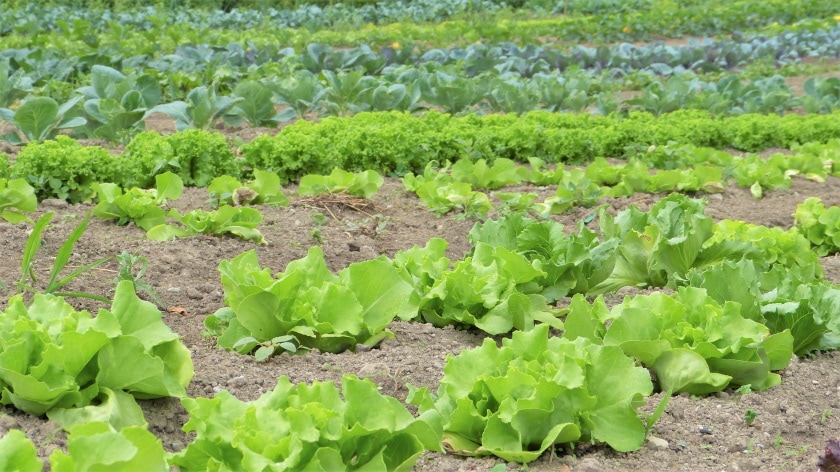
Colorado is a great state to live in, and if you enjoy gardening, you’ll be happy to know that there are plenty of vegetables that grow well in the state. If you were thinking about making new additions to your garden but aren’t sure what will grow, you’ve come to the right place. Keep reading as we list several vegetables that will grow well in Colorado. We also tell you how much maintenance each requires and other characteristics.
The 15 Best Vegetables to Grow In Colorado
1. Lettuce
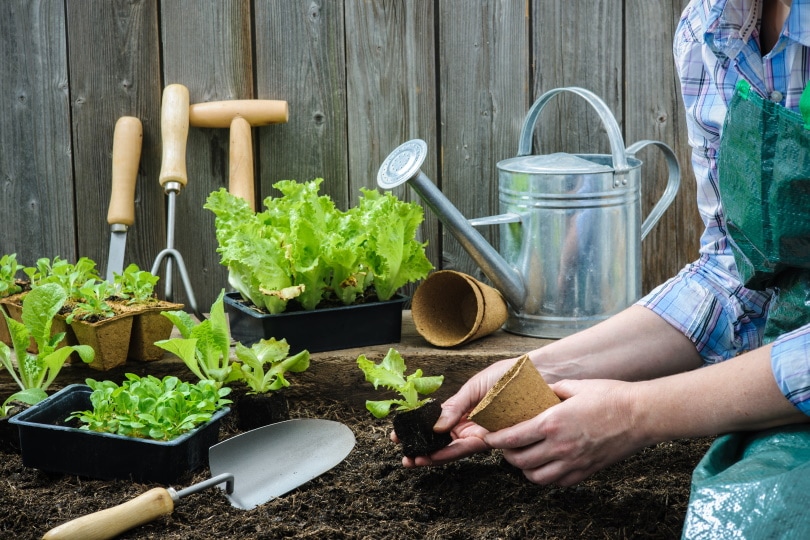
| Advantages: | Cold hardy |
| Popular Varieties: | Loose leaf, butterhead |
Lettuce is one of the easiest vegetables to grow in Colorado, and its cold hardy, which means it can even grow when there’s snow or frost on the ground. It requires little maintenance, and you will only need to water it once a week. It requires no fertilizer and you can harvest it all year.
The downside to growing lettuce in your garden is that many animals, like deer, squirrels, and rabbits, enjoy eating it, and it can be difficult to keep them away.
- Low maintenance
- Harvest all year
- Many animals enjoy eating it
2. Cucumbers
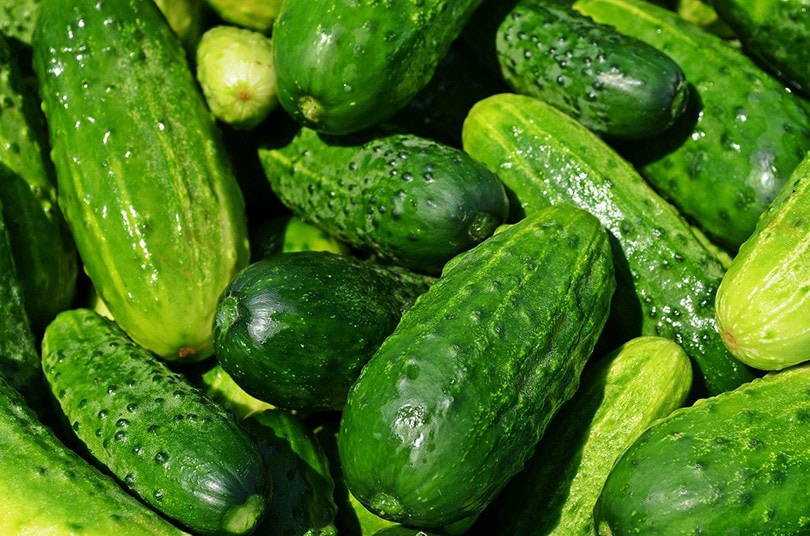
| Advantages: | Thrives in heat and cold |
| Popular Varieties: | Pickling, Persian |
Cucumbers are ideal for gardeners in Colorado because they’re extremely hardy and can withstand hot and cold temperatures to produce a harvest throughout most of the year. They’re also cross-pollinating plants, which means that growing them near other vegetables like carrots, beans, and tomatoes will produce an even larger harvest.
The downside to cucumbers is that they require plenty of space to grow and may not do well in pots.
- Cross-pollinating
- Produces a harvest all year long
- Require plenty of space
3. Kale
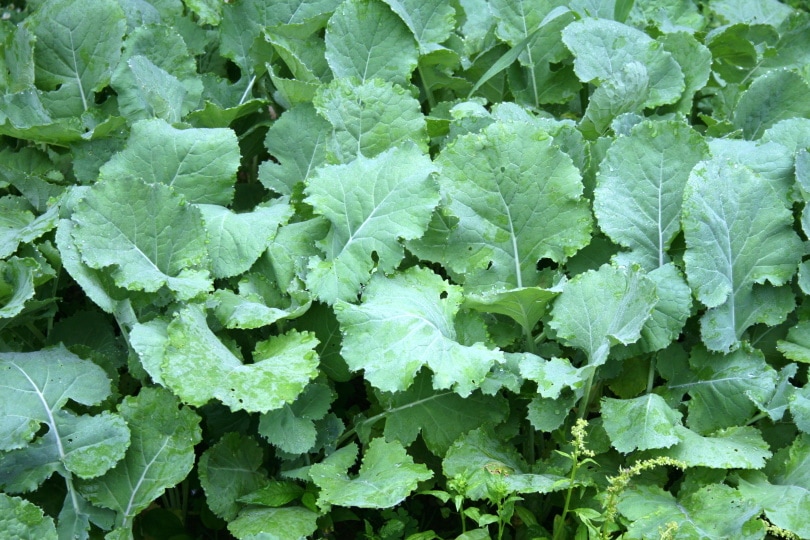
| Advantages: | Cold hardy and ornamental |
| Popular Varieties: | Red Russian, ornamental |
Kale is a hardy vegetable that can handle cold temperatures well. It will collapse if exposed to too much snow but can grow all year long with a mild winter. It also has an attractive appearance and is one of the only ornamental vegetables that you can grow.
The downside to growing kale is that it’s sensitive to hot temperatures, which can cause the leaves to have a bitter taste.
- Can grow all year
- Looks attractive
- Sensitive to high temperatures
4. Peppers
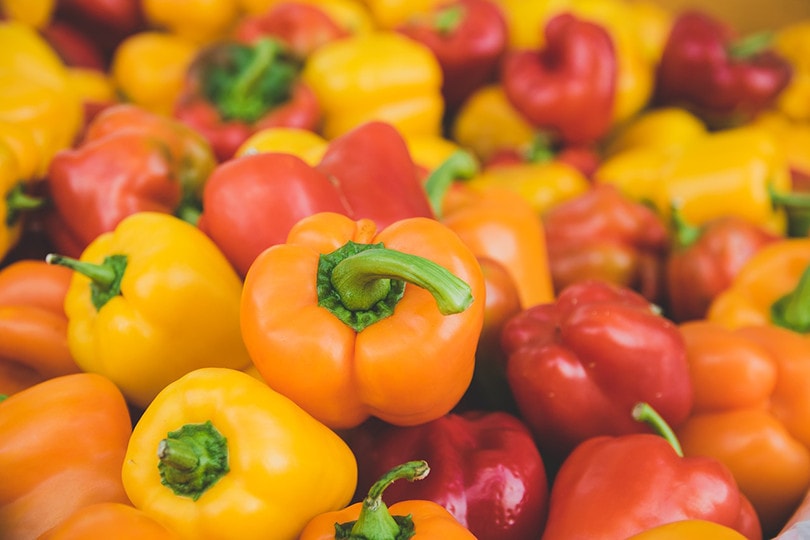
| Advantages: | Thrives in heat |
| Popular Varieties: | Bell, jalapeño |
Peppers are the perfect choice for any garden in Colorado during the summer months. The higher the temperature, the better your plants will grow and the more food they will produce. They also work well in a vertical garden, and you can even grow them in small pots. Another great thing about growing peppers in your garden is that insects don’t like them.
The downside is that peppers can be susceptible to disease, which can decrease the size of your harvest.
- Resistant to insects
- Works with vertical gardening
- Susceptible to disease
5. Peas
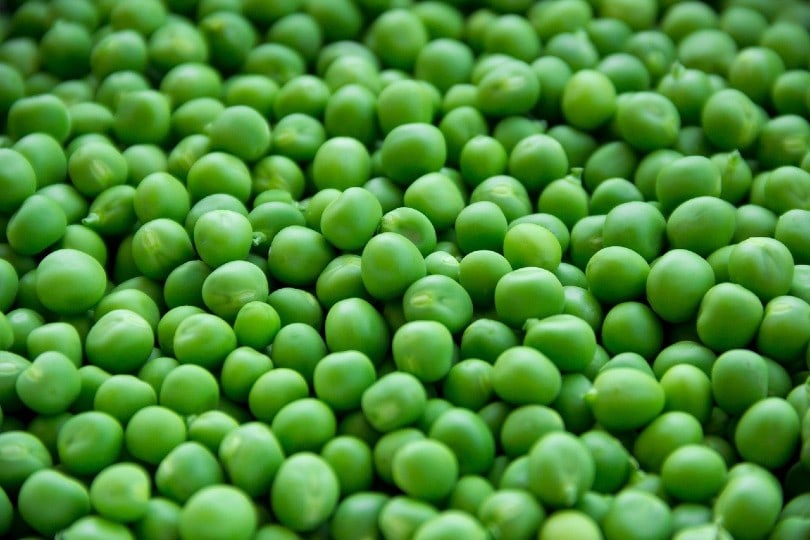
| Advantages: | Vertical gardening |
| Popular Varieties: | Snow peas, sugar snap peas |
Peas are great vegetables that grow well in Colorado. Many varieties of peas are climbing plants, making them perfect for vertical gardening in areas where space is limited. You can also plant them among other vegetables because they don’t require much room to grow.
The downside to growing peas is that they can attract many animals that enjoy eating them, and high temperatures can affect their growth and taste.
- Great for gardens where space is limited
- Don’t require much space
- High temperatures can affect growth and taste
6. Green Beans
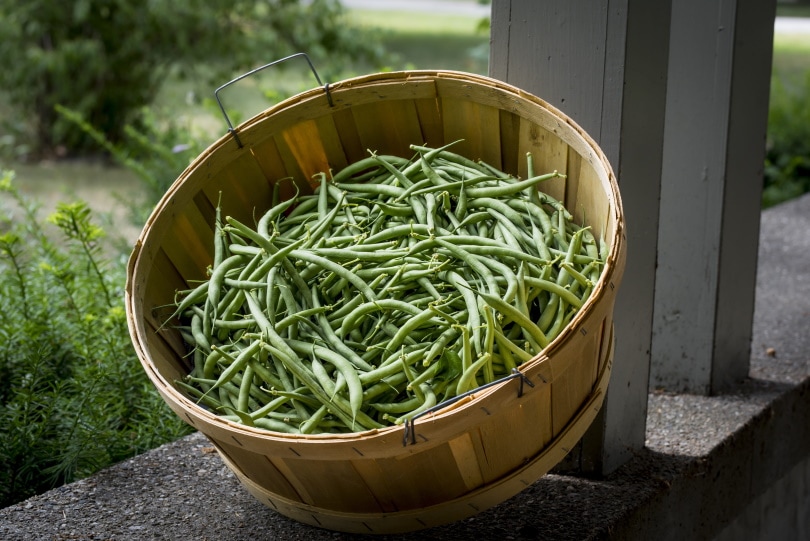
| Advantages: | Thrives in a drought |
| Popular Varieties: | Bush, pole |
Green beans are a great choice for any garden, especially in a dry area, because they grow well in a drought. Green bean plants require little water, and you can often harvest it more than once. Another great thing about green beans is they work well with a vertical garden.
The downside to growing green beans is that insects frequently attack them, and they don’t do well once the temperature drops.
- Require little water
- Produce more than one harvest
- Insects attack them
- Don’t like cold temperatures
7. Tomatoes
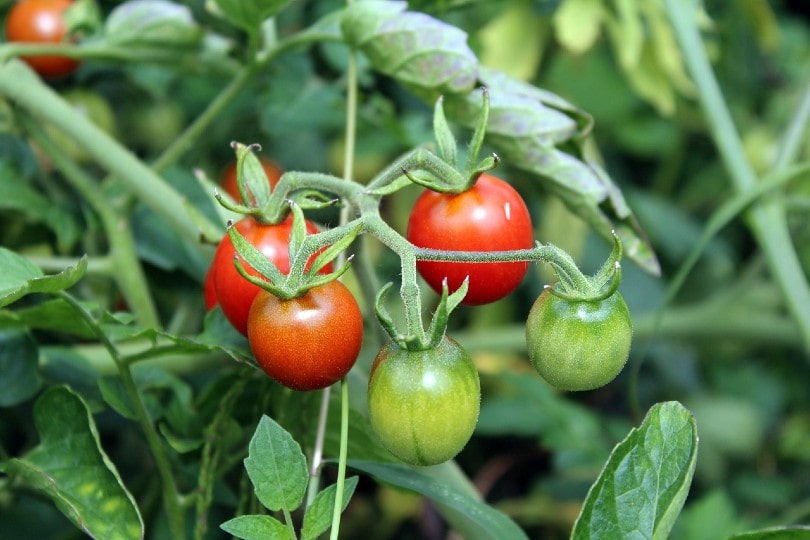
| Advantages: | Vertical gardening |
| Popular Varieties: | Cherry, beefsteak |
Tomatoes are plants that grow well in Colorado, especially during the summer months when temperatures are high. They require little maintenance and are well suited to vertical gardening. They do well in poor soil, and you can even grow them in pots.
Unfortunately, the downside to growing tomatoes is that they are insect prone, and it can be difficult to keep them off your crop. Tomatoes are also prone to disease, and many plants can be affected, especially in late summer.
- Easy to grow
- Low maintenance
- Tolerates poor soil
- Insect prone
- Disease prone
8. Radish
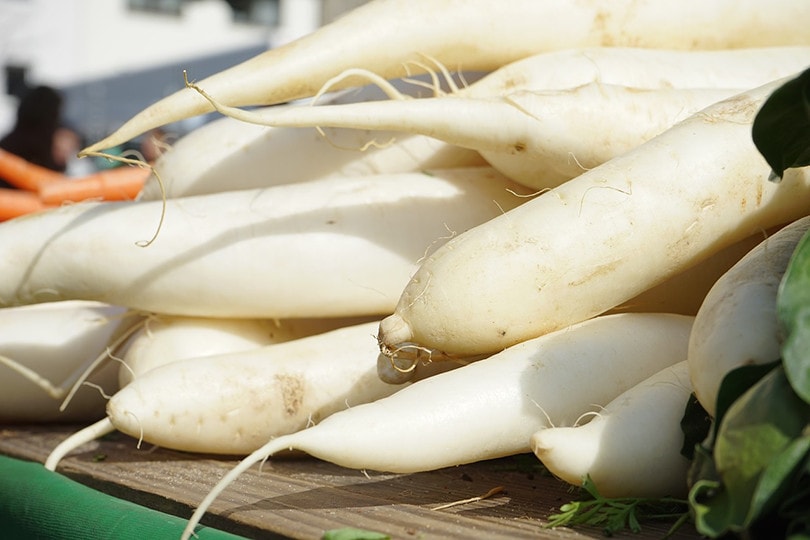
| Advantages: | Thrives in a drought |
| Popular Varieties: | French, Tarzan |
The radish is one of the easiest plants to grow in Colorado. It requires little water and does well in drought conditions. It also doesn’t need much sunlight, and the bugs tend to leave it alone, so it requires little maintenance.
The main downside to growing radishes in your garden is that they can be particular about soil. They prefer a loamy, small-particle soil and won’t grow at all in clay.
- Low maintenance
- Easy to grow
- Particular about soil type
9. Squash
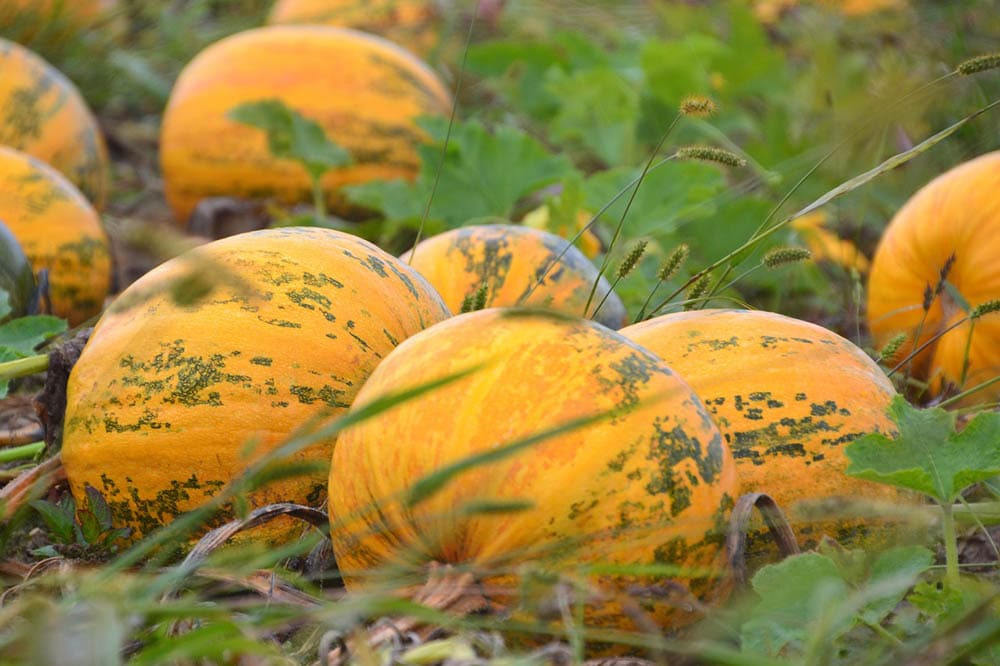
| Advantages: | Thrives in hot and cold weather |
| Popular Varieties: | Zucchini, acorn |
Squash is a fantastic vegetable to grow in Colorado because it thrives in both hot and cold weather, so you can grow it all year long for maximum harvest. Squash also helps cross-pollinate other vegetables, which will help you receive a larger harvest.
The hard part about growing squash is preventing birds and squirrels from eating the delicate flower before it has the chance to become a squash.
- Can harvest from May until November
- Cross-pollinates other vegetables
- Squirrels and birds like to eat the flowers
10. Eggplant
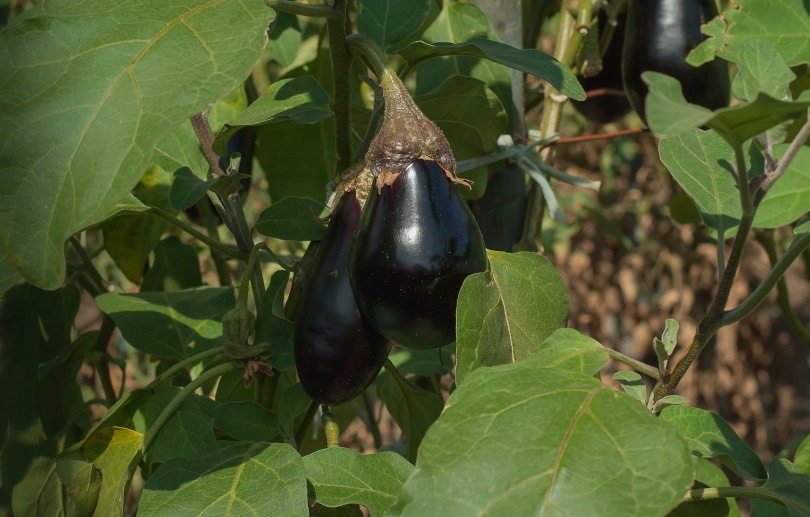
| Advantages: | Thrives in hot temperatures |
| Popular Varieties: | Fairy tale, Italian |
Eggplant is a popular vegetable to grow because there are many varieties available. These plants enjoy hot weather with plenty of water, and a rainy summer season can produce a large harvest.
The biggest downside to growing this plant is that it can be difficult to tell when it’s the right time to harvest, and many people pick it too soon or too late to receive the best flavor.
Final Thoughts
There are plenty of vegetables that grow well in Colorado. The plants that enjoy cold weather, like lettuce and kale, will do best early in the year or late in the fall, while the hot-weather varieties will enjoy the summer sunshine that you can only find in Colorado. If you’re new to gardening or to Colorado and need time to gain experience, we recommend squash or cucumbers, which are tolerant of hot and cold weather, so you won’t need to pay that much attention to plant timing.
Featured Image Credit: silviarita, Pixabay
Contents
